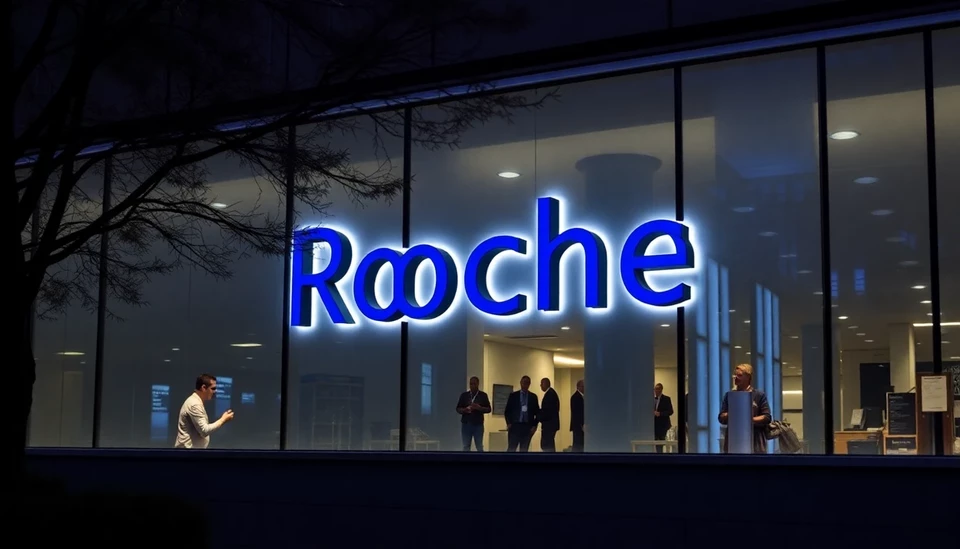
In a significant shift regarding its commitments to diversity, equity, and inclusion (DEI), Roche’s U.S. biotech division has quietly removed its previously stated DEI targets from its website. This move has raised eyebrows, particularly among stakeholders and advocates for underrepresented groups in the biotech industry. The decision, made public earlier this week, reflects a broader trend among corporations reassessing their DEI initiatives amid increasing scrutiny and criticism of their effectiveness.
The targets in question were initially set to guide Roche’s efforts in increasing the representation of women and people from diverse backgrounds within their workforce. Critics have pointed out that, while many companies articulate robust plans to promote workplace diversity, the reality often falls short of the promise, leading to disillusionment among both employees and the public.
Roche’s decision to re-evaluate its public commitments comes against a backdrop of heightened discussions surrounding corporate responsibility and accountability. Following a surge of interest in social justice movements over the past few years, many companies have implemented aggressive DEI strategies. However, despite these initiatives, substantial disparities often persist, leading some firms to reconsider the transparency of their goals.
Industry observers are now questioning whether Roche’s U.S. biotech unit’s withdrawal of its DEI targets signifies a retreat from diversity commitments altogether or a strategic pause for a re-assessment of their approach. The move poses important questions about how firms should set and communicate their DEI goals to stakeholders, especially when it appears that certain objectives may be difficult to achieve.
Additionally, Roche is not alone in facing criticism over diversity-related metrics. Other firms in the biotech sector have similarly faced backlash for their lack of measurable progress in improving diversity within their workforce. The discrepancy between corporate promises and actual outcomes has prompted many stakeholders to hold companies accountable for their public declarations.
This development comes in the wake of a growing movement advocating for meaningful change in corporate practices, urging businesses not just to adopt the language of DEI but to embrace concrete actions that yield genuine results. Roche’s U.S. biotech unit will need to address these concerns transparently to maintain credibility with both employees and the broader community.
As organizations continue to grapple with the complexities of fostering an inclusive workplace culture, Roche’s recent decision serves as a cautionary tale about the perils of making promises without the resources or plans to uphold them. Companies must not only be mindful of how they communicate their diversity initiatives but also be prepared to substantiate their commitments through tangible actions and measurable goals.
In conclusion, Roche’s move to remove its DEI targets from its website signals a pivotal moment for the biotech giant that could influence how other companies approach similar issues. As the landscape of corporate accountability continues to evolve, it is imperative for organizations to not only set clear, actionable goals for diversity but also commit to a culture of transparency and meaningful engagement with their workforce and communities.
#Roche #Biotech #Diversity #Inclusion #CorporateResponsibility #DEI #WorkplaceCulture #Accountability
Author: John Harris




